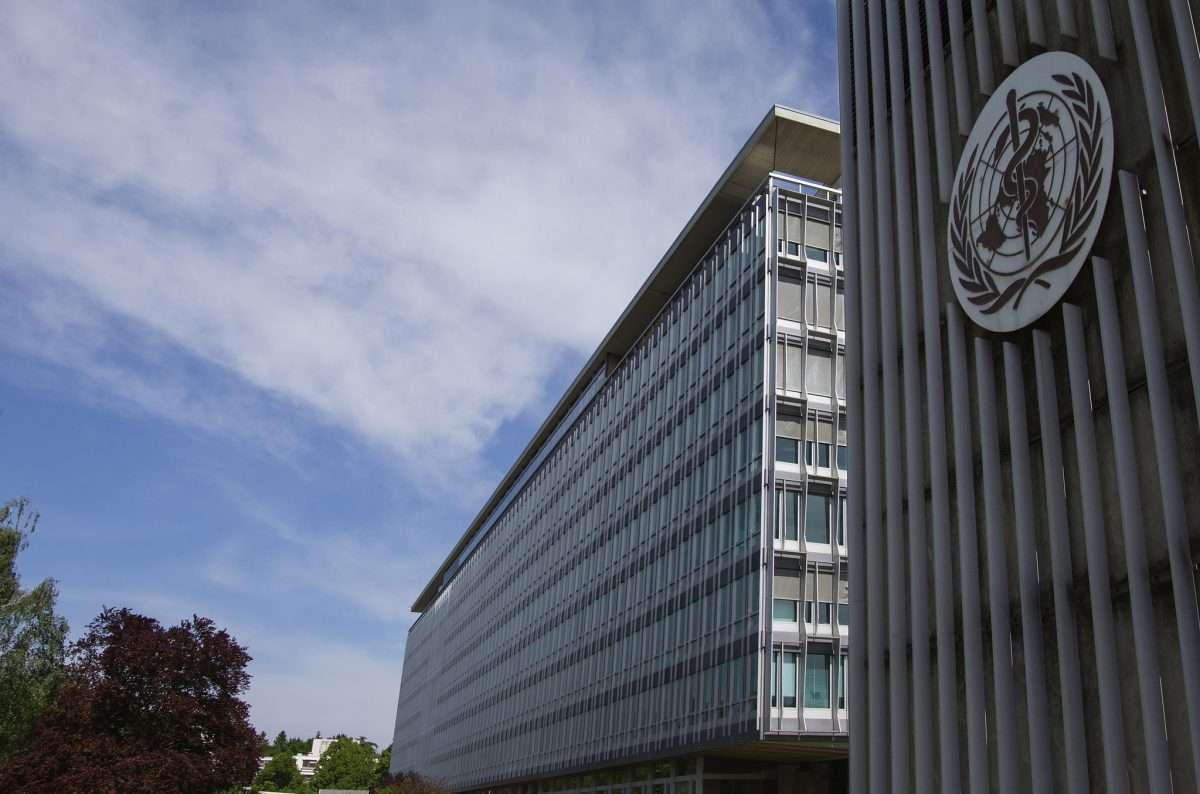At 3am on Wednesday 16th April 2025, after three years of intense negotiations, WHO member states (minus the United States) preliminarily consented to a final text of the so-called Pandemic Agreement. The text will now be considered for final adoption at the upcoming World Health Assembly meeting in May 2025, where – barring any major upsets – it is expected to be adopted. At a time when global news is replete with breakdowns in multilateralism and the ripping up of international law rulebooks, this decisive step towards a new accord on pandemic prevention and response has been hailed by the WHO Director-General as a reminder that “multilateralism is alive and well”, demonstrating that “in our divided world, nations can still work together to find common ground, and a shared response to shared threats”. This blog post provides some reflections on the ostensible achievements of the Pandemic Agreement and the main sticking points raised until the final hours of negotiation.
Treaty Negotiations
Page 1 of 2
As the land erodes, so does the cultural heritage: Unpacking (fuzzy) cultural preservation perspectives within the Falepili Union Treaty framework
On 28 August 2024, the Falepili Union Treaty between Tuvalu and Australia entered into force. As the first climate resettlement treaty ever adopted in history, providing a defined climate mobility pathway, this peculiar legal instrument on climate cooperation offers numerous reflections enshrined in its first four articles (e.g. the recognition of Tuvalu’s…
What should states do to combat the sabotage of submarine cables and pipelines beneath the high seas/EEZs?
Submarine cables and pipelines are vitally important for energy supply, global communications and economic activity. But several recent high-profile incidents have exposed their vulnerability to deliberate damage from state and non-state actors. In April 2021, Norway reported that several kilometres of its fibreoptic cables disappeared from the Svalbard archipelago, leaving Norway unable to monitor submarine activity in…
The Most Important Negotiation You’ve (Probably) Never Heard Of
Next week, states will convene in Busan, South Korea, for the fifth – and in theory final – session of the Intergovernmental Negotiating Committee (INC) to develop an international legally binding instrument on plastic pollution. The INC was established by the United Nations Environment Assembly (UNEA) in March 2022 and has been…
What to Hope For? Redistribution in the Climate Crisis
The struggle against climate change is, fundamentally, also a struggle for justice. For one, climate law has been a focal point for articulating redistributive demands — ranging from calls for additional climate financing via demands for technology transfer, all the way to reparations and what is called ‘loss and damage’. For another, the objective of limiting global warming…
- Page 1 of 2
- Last
